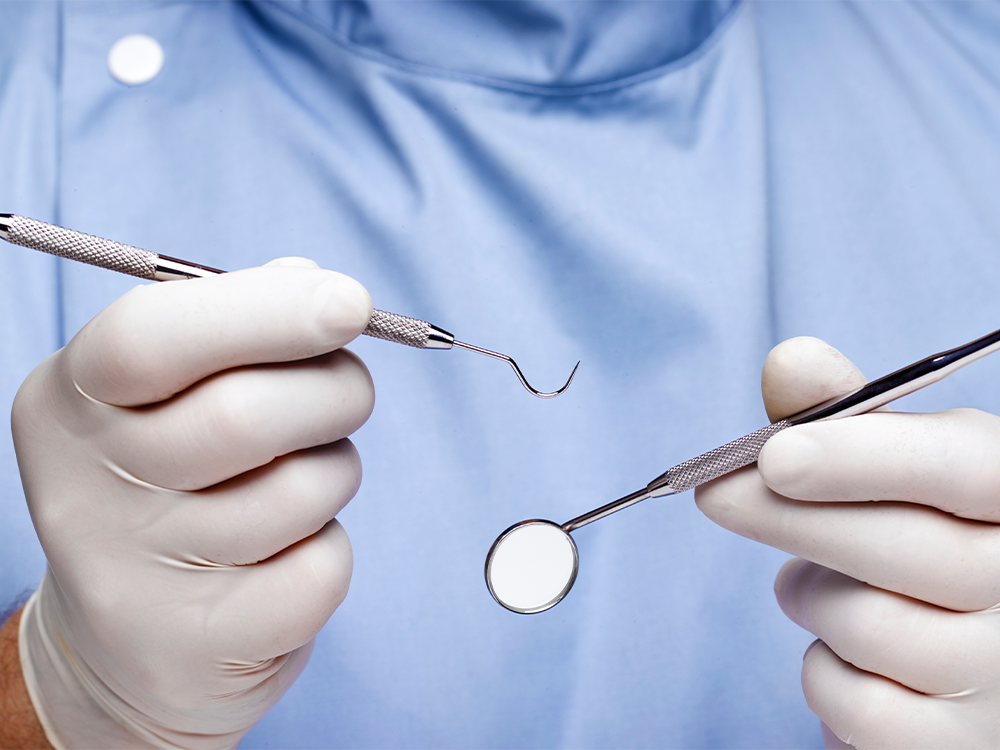While bad dental work is not all too common, it does happen. Just ask country crooner LeAnn Rimes who is suing her dentist for “emotional and psychiatric injuries.” The star, who filed a lawsuit against her dentist last month, states that the crowns and veneers he gave her were so bad that it caused trouble in her career, as she missed performances and appearances due to “severe tooth pain, gum inflammation and chronic gum bleeding.” Rimes is currently seeking monetary compensation for “loss of earnings and future earning capacity” in addition to the damages for emotional pain due to the bad work.
So how and why does bad dental work happen and what can you do to avoid it if you are looking into a smile makeover? First, know one thing: “Bad dental work is not easy to get,” says Sarasota, FL, cosmetic dentist Jenifer Back, DMD. “If your doctor is exceptionally cheap, the facility is not well maintained and the dentist and staff are vague about the process or procedures,” there might be cause for concern. Otherwise, “there are no inherently bad situations for crowns,” she says. Anyone can have them done, and done well.
The most important thing about crowns is proper placement. “For most people the aesthetics of their crown is most important, but in reality the margin (where the crown meets the tooth) and the occlusion (where the upper and lower teeth come together) are most important for the comfort and longevity of a crown. A crown could look great but not fit well and fail over a short time,” says Miami cosmetic dentist Abraham Jaskiel, DMD. “Not giving enough room between bone and margins can cause bacteria decay—destroying the tooth under the gum line which can make it very difficult to save a tooth,” he says.
If you do get crowns placed too close to the bone and they cause pain, you have options. “This can be remedied by several methods, including but not limited to crown lengthening, where a small amount of bone is removed to make room for the new crowns either surgically, or with a laser,” says Dr. Back. You can also replace the crowns with new shorter crowns and re-contour the remaining root and tooth, she says. And the sooner you remedy the situation, the better. “Early treatment is critical in any tooth situation,” says Dr. Jaskiel.
The best way to make sure you get the smile you want is to use a dentist you trust. “Don’t choose a dentist based on cost. Get a referral,” says Dr. Jaskiel. Doctors trying to cut down on costs might be using bad materials. “Not all crowns are created equal. Cheap metals can cause allergies, inflammation and bleeding,” he says.
Also, once you have your new smile, make sure to take care of it at home. Dr. Jaskiel says, “Maintenance at home and in the dental office is the key to long-term success of a crown i.e. cleanings, brushing, flossing and inter-proximal brushing if possible.”

















